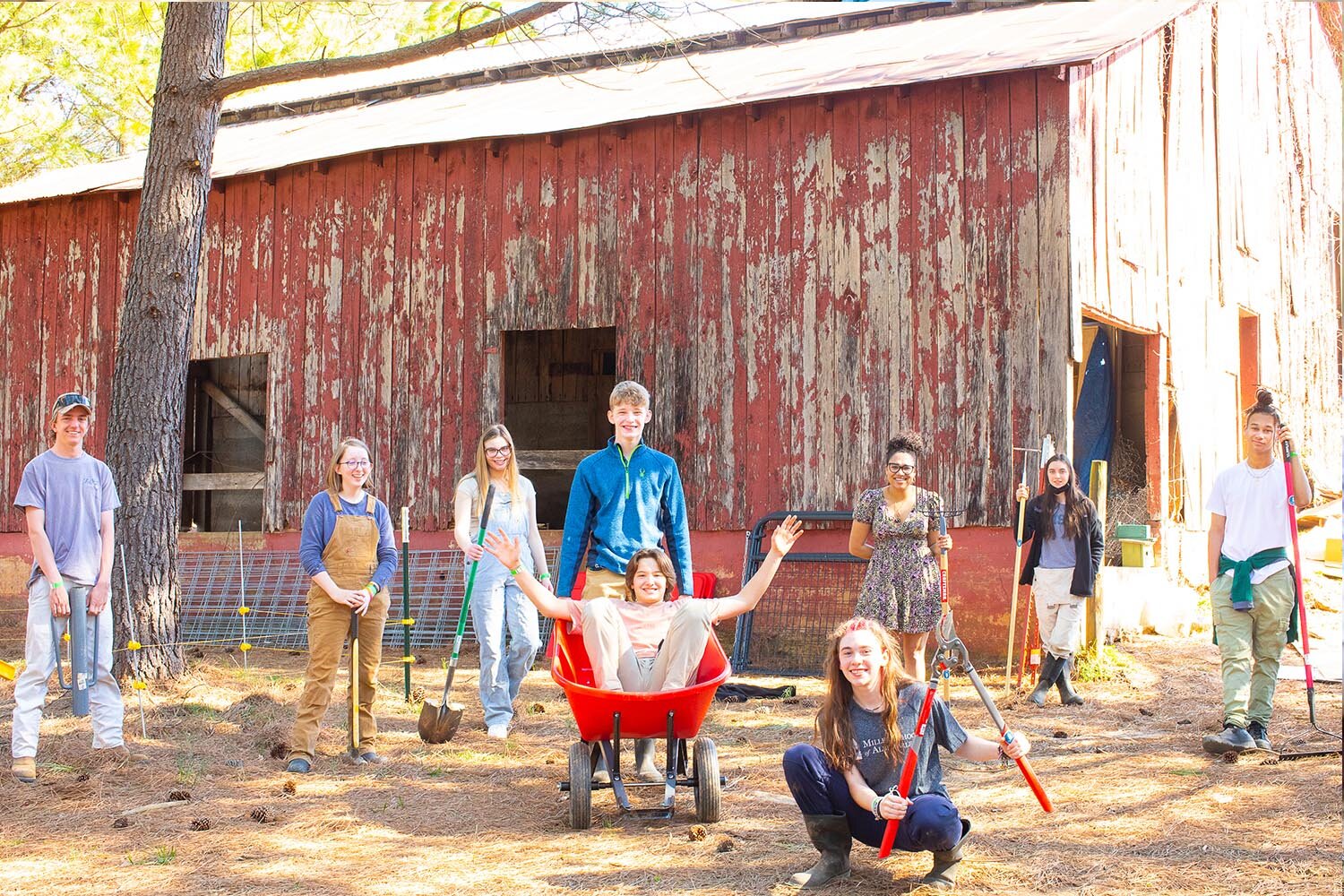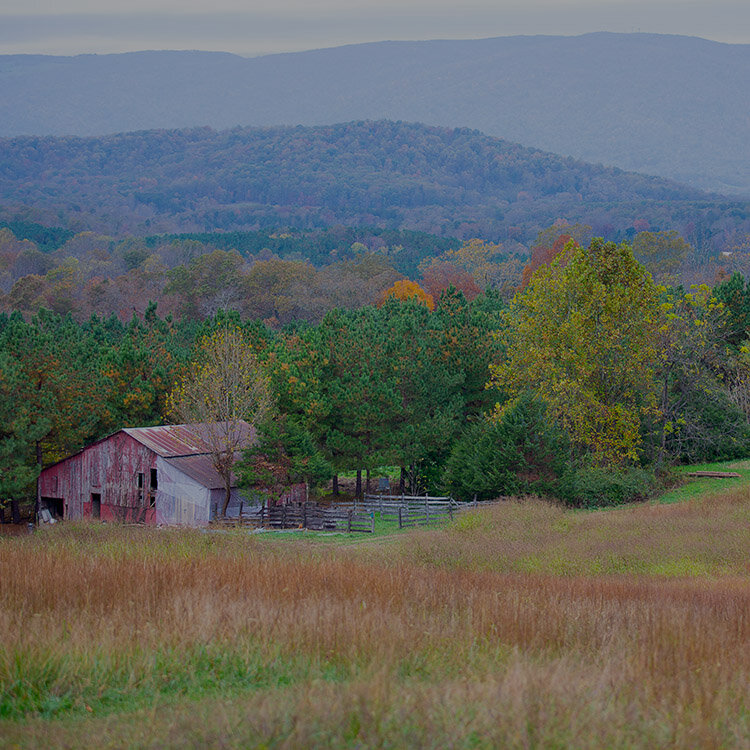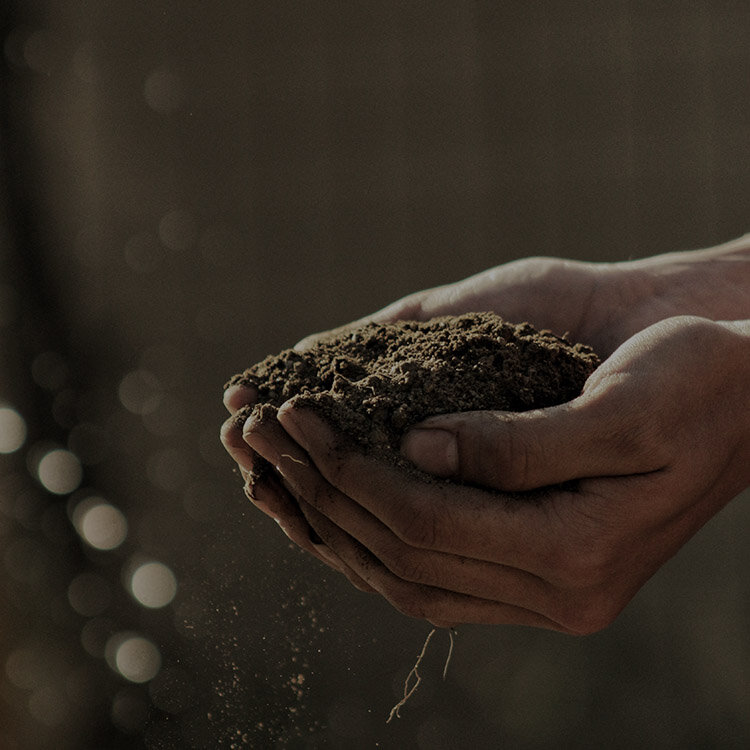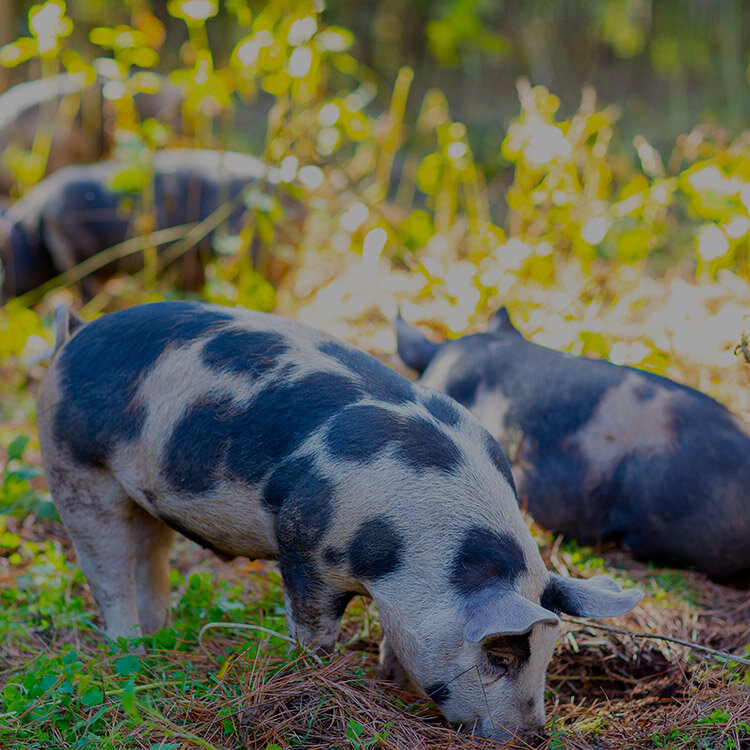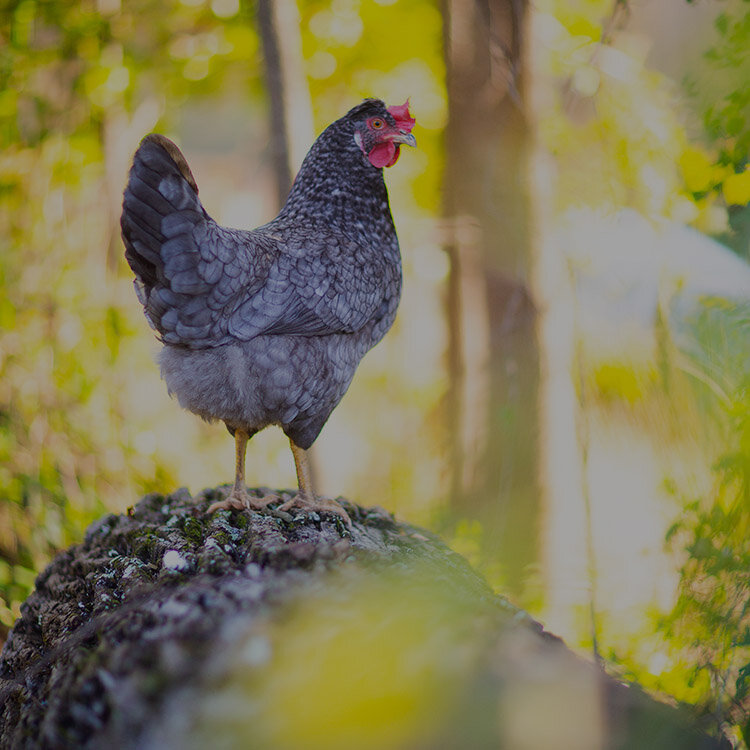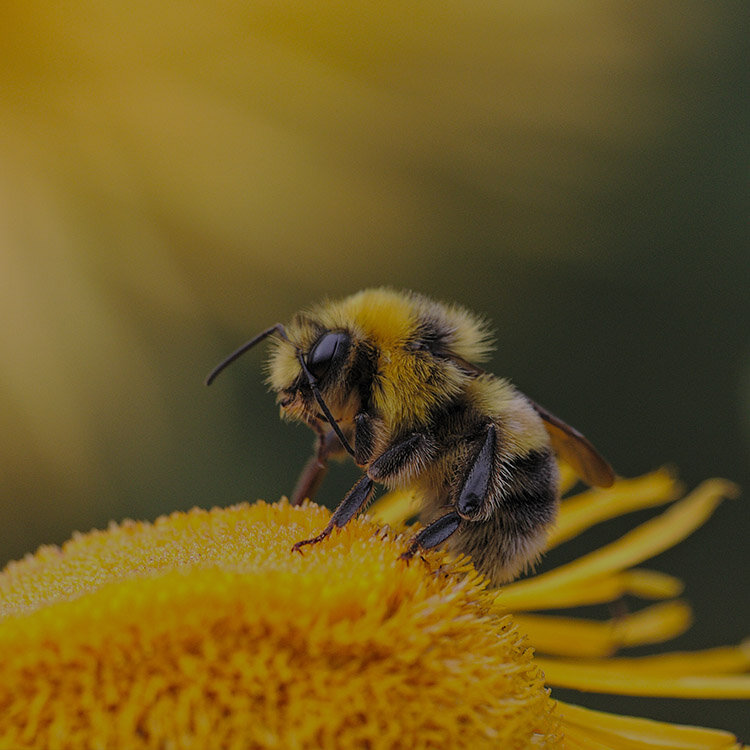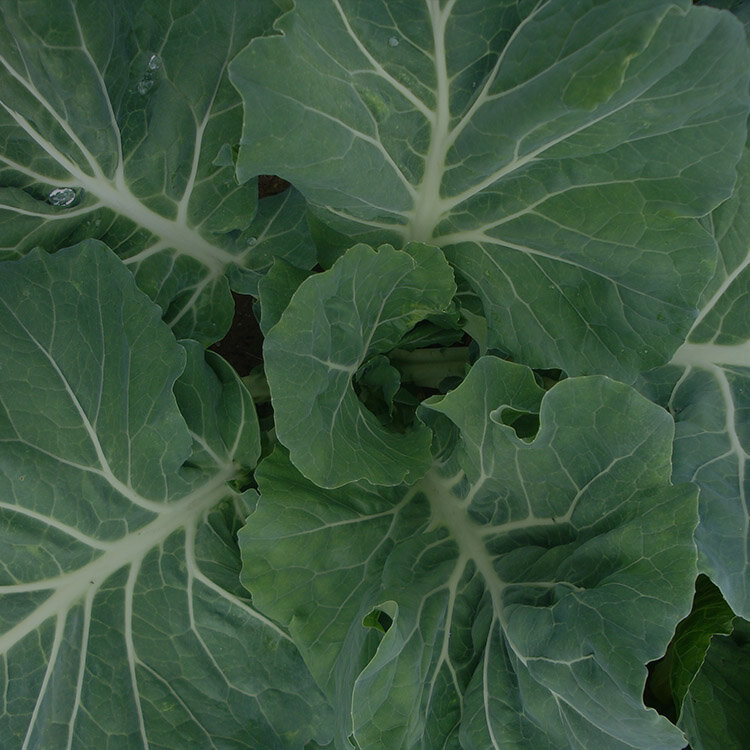Unit 1: Farming Literacy
Students begin their study of agriculture by learning the basics of farm life, including safety, routines, habits, and vocabulary. From knowing the difference between meat chicken and an egg-laying chicken to knowing the tools used daily in farm work, students gain the knowledge and skills needed to speak fluently about farming. Students also learn about the history of agricultural learning at MSA.
Reading List
The Anatomy of a Farm
Unit 2: Types of Agriculture
What is a farm? Depending on where you live and your desired outcomes, the answer to this question can have a wide variety of answers. Students study the full range of agriculture in the United States. They examine the rise of industrial agriculture and compare it to traditional family farming and the current shift to sustainable agriculture. Consideration is given to the economics of each type of agriculture as well as the impact on the land and animals in the short and long-term. Additionally, students examine permaculture, agroforestry, biodynamics, silvopasture, hydroponics, and aquaponics.
Reading List
The Third Plate, by Dan Barber
Film
The Biggest Little Farm


